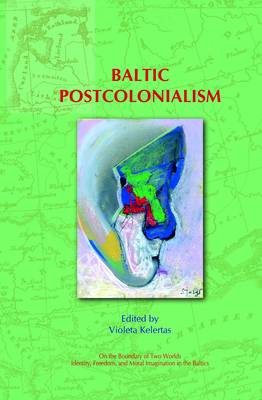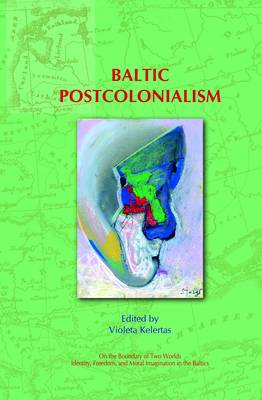
- Retrait gratuit dans votre magasin Club
- 7.000.000 titres dans notre catalogue
- Payer en toute sécurité
- Toujours un magasin près de chez vous
- Retrait gratuit dans votre magasin Club
- 7.000.0000 titres dans notre catalogue
- Payer en toute sécurité
- Toujours un magasin près de chez vous
Baltic Postcolonialism
247,45 €
+ 494 points
Description
Emerging from the ruins of the former Soviet Union, the literature of the Baltic states of Lithuania, Latvia and Estonia is analyzed from the fruitful perspective of postcolonialism, a theoretical approach whose application to former second-world countries is in its initial stages. This groundbreaking volume brings scholars working in the West together with those who were previously muffled behind the Iron Curtain. They gauge the impact of colonization on the culture of the Baltic states and demonstrate the relevance of concepts first elaborated by a wide range of critics from Frantz Fanon to Homi Bhabha. Examining literary texts and the situation of the intellectual reveals Baltic concerns with identity and integrity, the rewriting of previously blotted out or distorted history, and a search for meaning in societies struggling to establish their place in the world after decades - and perhaps millennia - of oppression. The volume dips into the late Tsarist period, then goes more deeply into Soviet deportations to the Gulag, while the main focus is on works of the turning-point in the late 1980s and 1990s. Postcolonial concepts like mimicry, subjectivity and the Other provide a new discourse that yields fresh insights into the colonized countries' culture and their poignant attempts to fight, to adapt and to survive. This book will be of interest to literary critics, Baltic scholars, historians and political scientists of Eastern Europe, linguists, anthropologists, psychologists, sociologists, working in the area of postcommunism and anyone interested in learning more about these ancient and vibrant cultures.
Spécifications
Parties prenantes
- Editeur:
Contenu
- Nombre de pages :
- 472
- Langue:
- Anglais
- Collection :
- Tome:
- n° 6
Caractéristiques
- EAN:
- 9789042019591
- Date de parution :
- 01-01-06
- Format:
- Livre relié
- Format numérique:
- Genaaid
- Dimensions :
- 155 mm x 235 mm
- Poids :
- 852 g

Les avis
Nous publions uniquement les avis qui respectent les conditions requises. Consultez nos conditions pour les avis.





